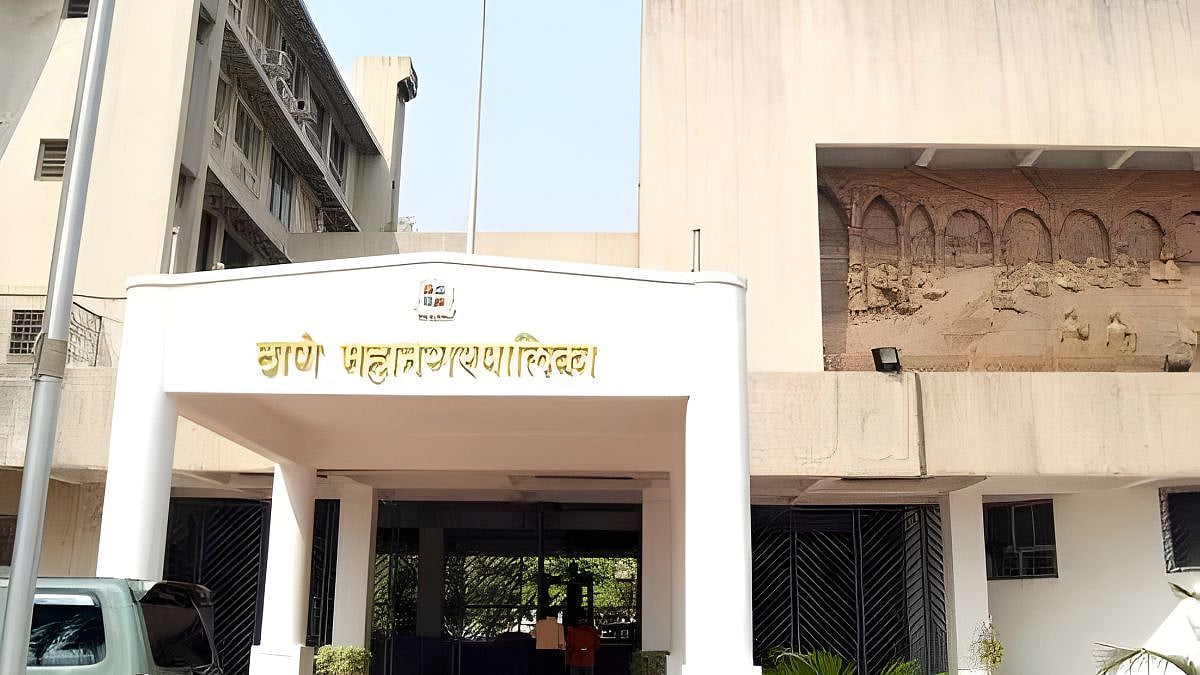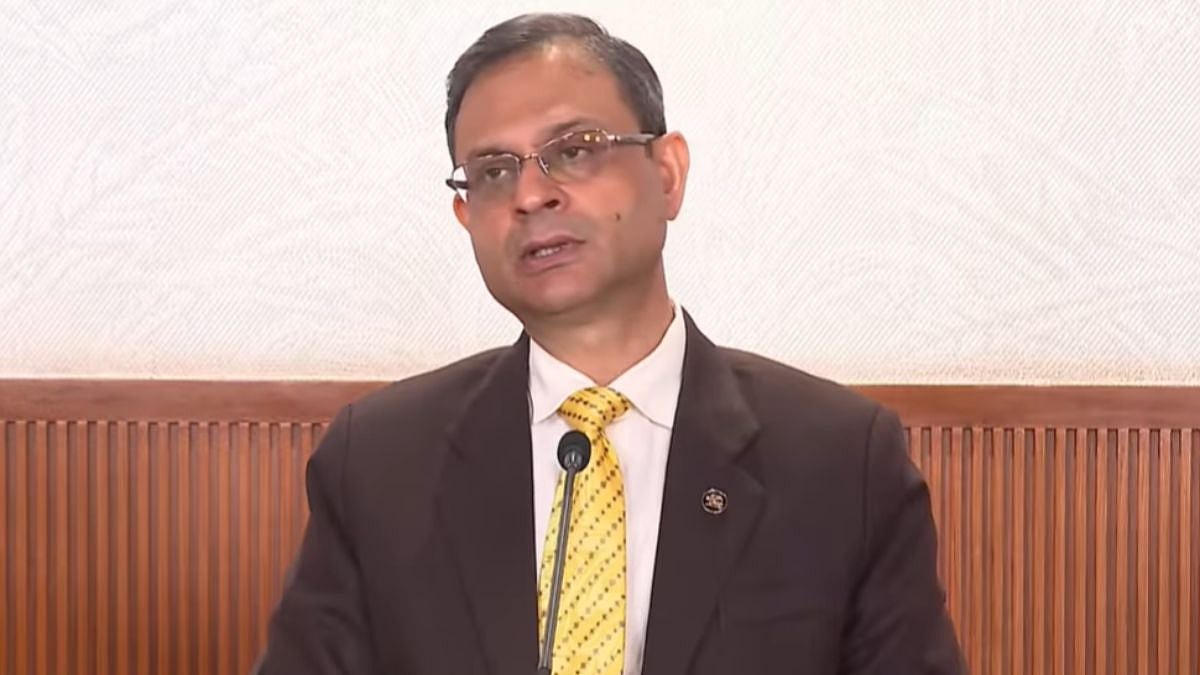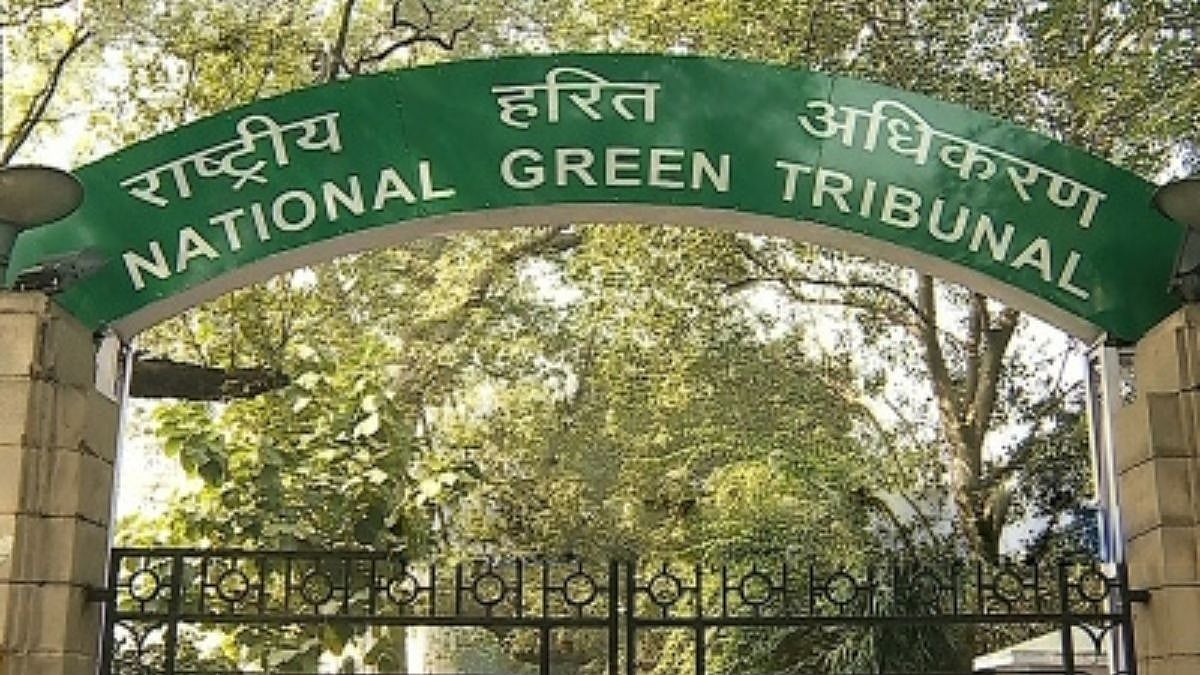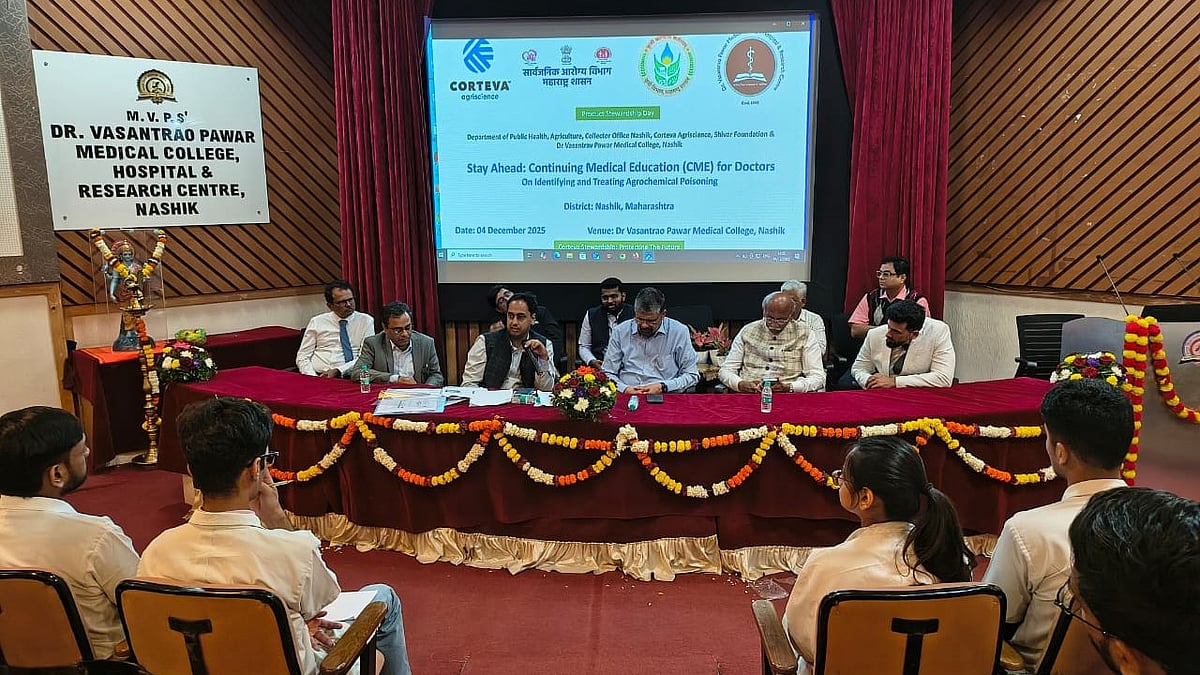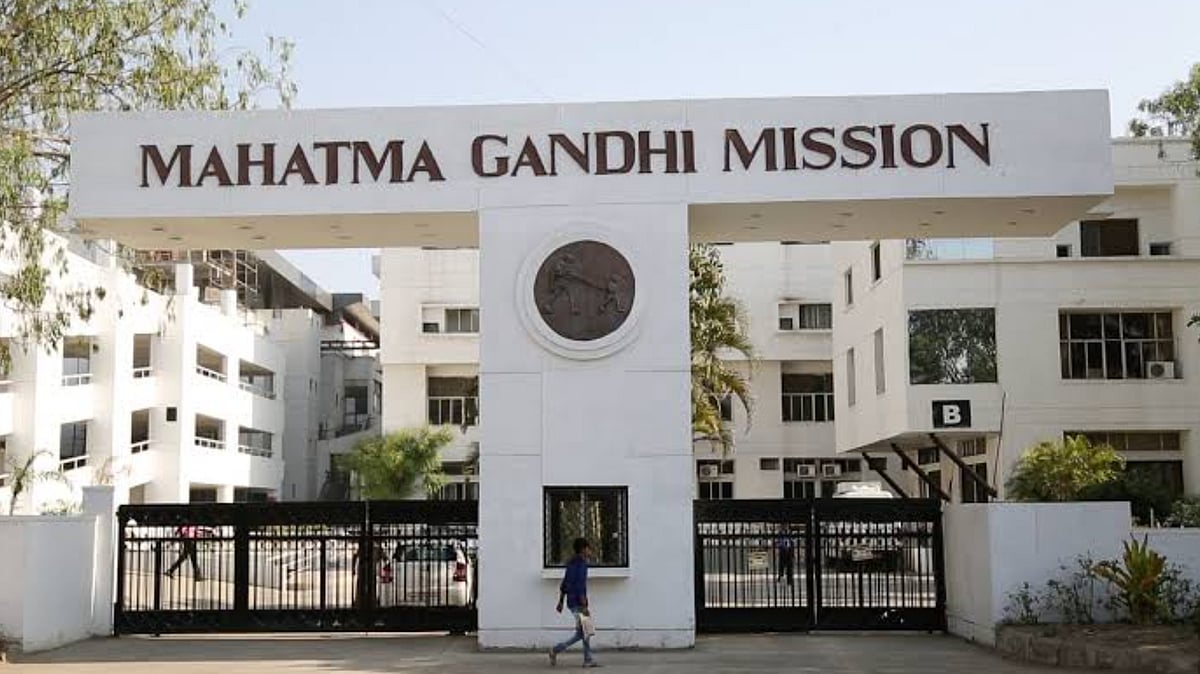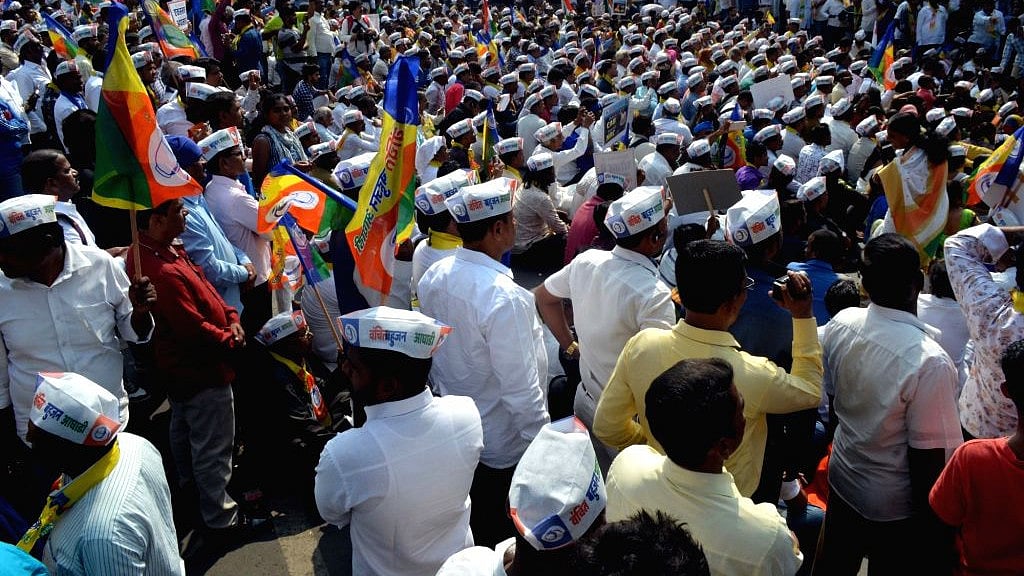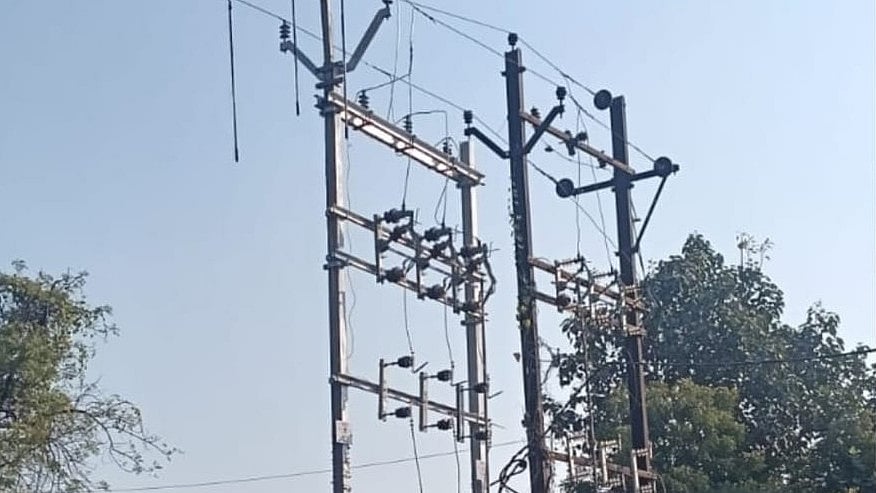Exactly six years ago, when the Supreme Court decriminalised Section 377 of the (then) Indian Penal Code to exclude consenting adult LGBTQIA+ persons from its purview, I said in interviews given to newspapers, as well as in a TEDx talk that October, that I was better off when the archaic Section 377 was in force, as it enabled me to continue being a resisting subject.
Of course, my statement, academic and political, was meant to be ironic, but the irony was lost on most LGBTQIA+ members, who thought it rather irresponsible of me to make such a reactionary statement. What I meant then, and continue to maintain today, is that one cannot allow oneself to be co-opted by a false sense of optimism, when the reality is, as hindsight has shown, that very little has substantively changed for the LGBTQIA+ community, the decriminalisation of Section 377 notwithstanding.

Let us examine some of the major setbacks that have happened in India since September 2018. Out gay judge, Saurabh Kirpal was denied his elevation to the SC despite being qualified for the post. Filmmaker Onir was denied permission by the Ministry of Defence to make a biopic on the life of Major J. Suresh, an officer in the Indian army who came out as gay, although the CBFC cleared his script. Tanishq, a jewellery brand, was compelled by societal pressure to withdraw its advertisement that showed a lesbian couple celebrating Karva Chauth. The LGBTQIA+ community was in 2023 denied the right to marry by the SC. In cities like Pune, Ahmednagar and Aurangabad, the police banned hijras from begging on the streets.
However, in the last quarter of 2024, instead of things improving, more hostility has come our way.
Shikhandi, a transgender dhol-tasha team, has not been allowed to perform at the Ganesh festival. In their own words, “…when we approach (Ganesh) mandals to give us an opportunity, they refuse.” This, obviously, is because of the stigma attached to LGBTQIA+ people, whose constituency, after all, is sex, and to conservative society, sex and religion make strange bedfellows. The Shikhandi group are peeved by “the misconception that we earn our bread and butter by clapping and demanding money, and (that) prostitution still prevails in (our) society.”

The prejudice that they face leads to self-inflicted transphobia among community members, “who do not want to come forward (and perform at the Ganesh festival) as they are abused and considered outsiders.” Even counselling the community to wean them out of their transphobia bears little fruit.
In the medical education curriculum recently released by the National Medical Council (NMC), sodomy and lesbianism have been clubbed together and described as “sexual offences.” The NMC now requires medical college faculty to teach students that sodomy, lesbianism and transvestism are sexual offences and perversions.
Now the denotation of sodomy is biological and has to do with anal sexual intercourse among males, but its connotations are historical and cultural. The ancient Romans practised sodomy where men anally penetrated boys in the name of power. Medieval Islam had a similar practice known as laundebaazi. Since sodomy had to do with power, it may be, in certain situations, compared to rape.
Lesbianism, however, is a different ballgame. It is a gender-specific term whose literal meaning is women having sex with women. In feminist theory, the term lesbian is used politically to refer to female bonding as resistance to male patriarchy.
Adrienne Rich has invented the phrase lesbian continuum “to include a range—through each woman’s life and throughout history—of woman-identified experience, not simply the fact that a woman has had or consciously desired genital sexual experience with another woman.” This, to Adrienne Rich, translates into women sharing a rich inner life, bonding against male tyranny, giving and receiving practical and political support to each other, resisting unwanted marriage, and so on. Thus, lesbianism, in short, is a term that connotes female empowerment.
Yet, in this age of a-rape-a-minute, so to speak, instead of teaching medical students, especially women, the figurative meanings of lesbianism as a way of strengthening their defences, they are fallaciously taught that it is an obscene word that they mustn’t bring to their lips.
It is for this reason that lesbian suicides, documented, for example, by the activist group Sappho for Equality in West Bengal, have never been on the decline. It’s again for this reason that K. Vaishali, as she writes in her 2023 memoir 'Homeless: Growing Up Lesbian and Dyslexic in India', had to change the gender of her girlfriend, Bhavya, to Bhavyesh, a male, while speaking to her friends.
How are we any different from 26 years ago, when the Shiv Sena called for a ban on Deepa Mehta’s film 'Fire', because it showed two sisters-in-law in a lesbian relationship, and the women’s wing of the Shiv Sena issued a press statement that said, “If women turn to each other to satisfy their needs, what happens to the institution of the family?”
That being the case, today, when Anish Gawande, a young NCP (SP) spokesperson takes to social media to claim that “five years from now no political party will be able to ignore LGBTQ rights,” or that “in the recent Lok Sabha elections 110 MPs supported LGBTQ rights,” it sounds like naïve optimism. Gawande is nearer home when he admits that it is “not really easy for young people to come out of the closet.”

As for the NCP (SP) never asking Gawande anything about his sexuality, this, surely, isn’t an indication of the party’s liberality. Instead, it is curiously reminiscent of a policy adopted by the US Army decades ago, during Bill Clinton’s time—Don’t Ask, Don’t Tell.
(The writer is a well-known author and former head of the English Department at Savitribai Phule Pune University)

